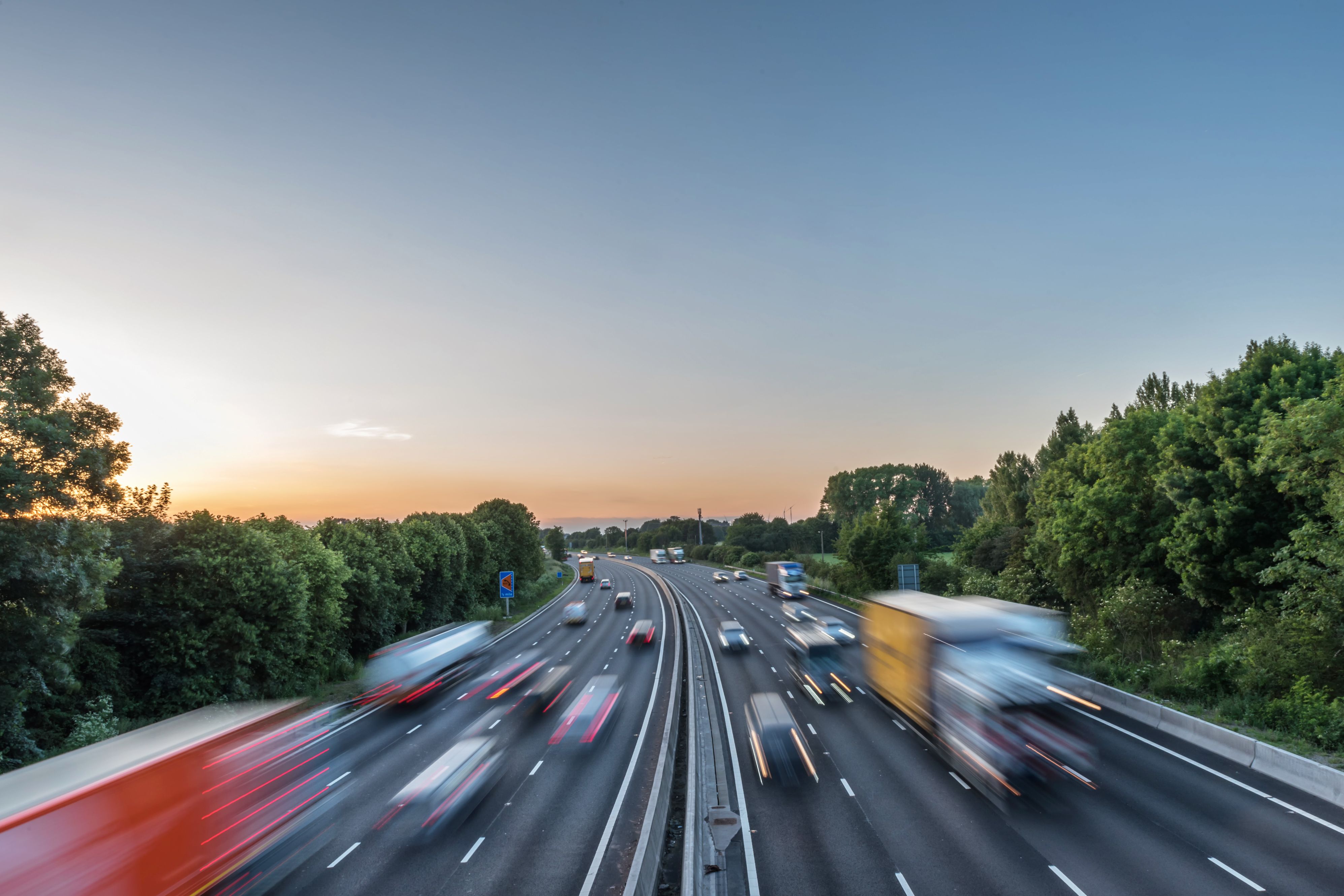
Miranda Blake
Cómo puede el sector logístico garantizar la seguridad y la comodidad de los camioneros europeos
Creado: 08/01/2025
•
Actualizado: 08/01/2025
Mediante la aplicación de nuevas normativas, el uso de la tecnología y el compromiso con el bienestar de los conductores, el sector logístico puede trabajar por un futuro más seguro para los camioneros y, al mismo tiempo, fomentar la comodidad.
Pero, ¿cómo se pone todo esto en práctica? Siga leyendo para descubrirlo...
Concienciación sobre las carreteras peligrosas de Europa
Anteriormente habíamos realizado un estudio (https://snapacc.com/hazardous-highways/) que arrojaba luz sobre las carreteras más peligrosas de Europa, señalando países como Bulgaria y Chequia como los que tienen la media más alta de víctimas mortales por 10.000 millas de red viaria.
Este análisis es crucial para comprender dónde son mayores los riesgos y pone de relieve la necesidad de intervenciones específicas para mejorar la seguridad. Con esta información crucial, los conductores pueden preparar mejor sus viajes y elegir con conocimiento de causa sus rutas y paradas de descanso.
El papel de la tecnología en la mejora de la seguridad
También es crucial la información obtenida a través de innovaciones como los sistemas de navegación GPS, las actualizaciones de tráfico en tiempo real y los sistemas avanzados de asistencia al conductor (ADAS). Estos avances tecnológicos no sólo proporcionan datos esenciales sobre el estado de las carreteras, sino que también ayudan a los camioneros a tomar decisiones informadas sobre sus viajes. Por ejemplo, los sistemas GPS pueden sugerir rutas alternativas que eviten posibles zonas de peligro, mientras que las actualizaciones del tráfico pueden alertar de retrasos o accidentes. De este modo, los conductores pueden optimizar sus desplazamientos.
Además, aplicaciones como intruck les ofrecen acceso a información detallada sobre las paradas de camiones en toda Europa, lo que les permite encontrar lugares adecuados para descansar, algo especialmente beneficioso para quienes viajan largas distancias y necesitan hacer pausas periódicas para cumplir la legislación, combatir la fatiga y mantener la concentración.
La importancia del descanso de calidad
En años anteriores, muchos conductores no tenían más remedio que pasar sus periodos de descanso en sus taxis debido a la falta de alojamiento accesible y asequible, lo que a menudo se traducía en un descanso de mala calidad, que podía tener efectos perjudiciales para su salud y seguridad.
Se ha hecho mucho más hincapié en que los camioneros tengan la posibilidad de descansar en un alojamiento adecuado. Las empresas de transporte deben asumir la responsabilidad de organizar estancias en hoteles o utilizar instalaciones específicas para el descanso. Aunque esto puede suponer costes adicionales, representa una oportunidad para invertir en el bienestar de los trabajadores, lo que en última instancia se traduce en mayores niveles de satisfacción y retención en el trabajo.
Implantar soluciones de alojamiento
Para cumplir la normativa, mitigar los riesgos asociados a la fatiga y mejorar la seguridad general de sus conductores, los operadores de flotas pueden considerar los siguientes enfoques:
● El establecimiento de asociaciones con hoteles locales o instalaciones de parada de descanso puede garantizar que los conductores tengan acceso a un lugar cómodo para relajarse.
● Aprovechar las apps y plataformas online puede ayudar a los camioneros con la localización de lugares cercanos donde alojarse, agilizando el proceso y mejorando la eficiencia general.

Cómo apoya SNAP a los camioneros
SNAP supone un cambio radical para el sector, ya que ofrece soluciones digitales que dan prioridad a la seguridad y la comodidad. Las empresas de flotas y los camioneros tienen ahora acceso a una red en expansión de servicios diseñados para que los viajes sean más fluidos y seguros.
Comodidad digital
En el centro de nuestra oferta está nuestro mercado digital, que agiliza diversos aspectos:
● Pagos: Utilizado cada 13 segundos en toda Europa para pagar los servicios de las paradas de descanso, SNAP elimina la necesidad de que los camioneros gasten de su propio bolsillo y reclamen los gastos más tarde.
● Aparcamiento: intruck ayuda a los conductores a localizar y reservar con antelación plazas de aparcamiento a lo largo de sus rutas, muchas de ellas con opciones de seguridad mejoradas para aumentar la seguridad.
● Servicios simplificados: Nuestra plataforma permite a los camioneros pagar aparcamientos, lavados y otros servicios utilizando solo el número de matrícula de su vehículo.
La seguridad ante todo
Esta sigue siendo una de nuestras principales prioridades. Recientemente hemos ampliado nuestra red para incluir centros en Austria, Bulgaria, Chequia, Grecia, Hungría, Italia y Rumanía. Muchos de ellos cuentan con infraestructuras de seguridad mejoradas, lo que responde a la necesidad crítica de aparcamientos nocturnos seguros.
Además, contamos con una división dedicada, SNAP Access & Security, para ofrecer soluciones a medida que protejan las instalaciones de las amenazas de delitos contra la carga, mejorando la seguridad general de los conductores y de la carga.
Mirando al futuro con SNAP
Los camioneros están muy satisfechos con nuestras soluciones. De hecho, el 80 % de los conductores con los que hablamos en los eventos del Reino Unido preferían SNAP a otros métodos de pago, y el 74 % de los camioneros europeos expresaron su deseo de que más socios de servicios se unieran a nuestra red.
Y como estamos creciendo y desarrollando continuamente nuestra red y nuestras soluciones, los camioneros europeos pueden esperar más opciones que se traduzcan en una mayor seguridad, comodidad y eficiencia en la carretera. Al abordar problemas clave como el aparcamiento seguro y los pagos simplificados, estamos allanando el camino para un sector del transporte por carretera más conectado y solidario en toda Europa.
Para obtener más información sobre SNAP, póngase en contacto con nuestro amable equipo llamando al +44 (0)1603 777242.


